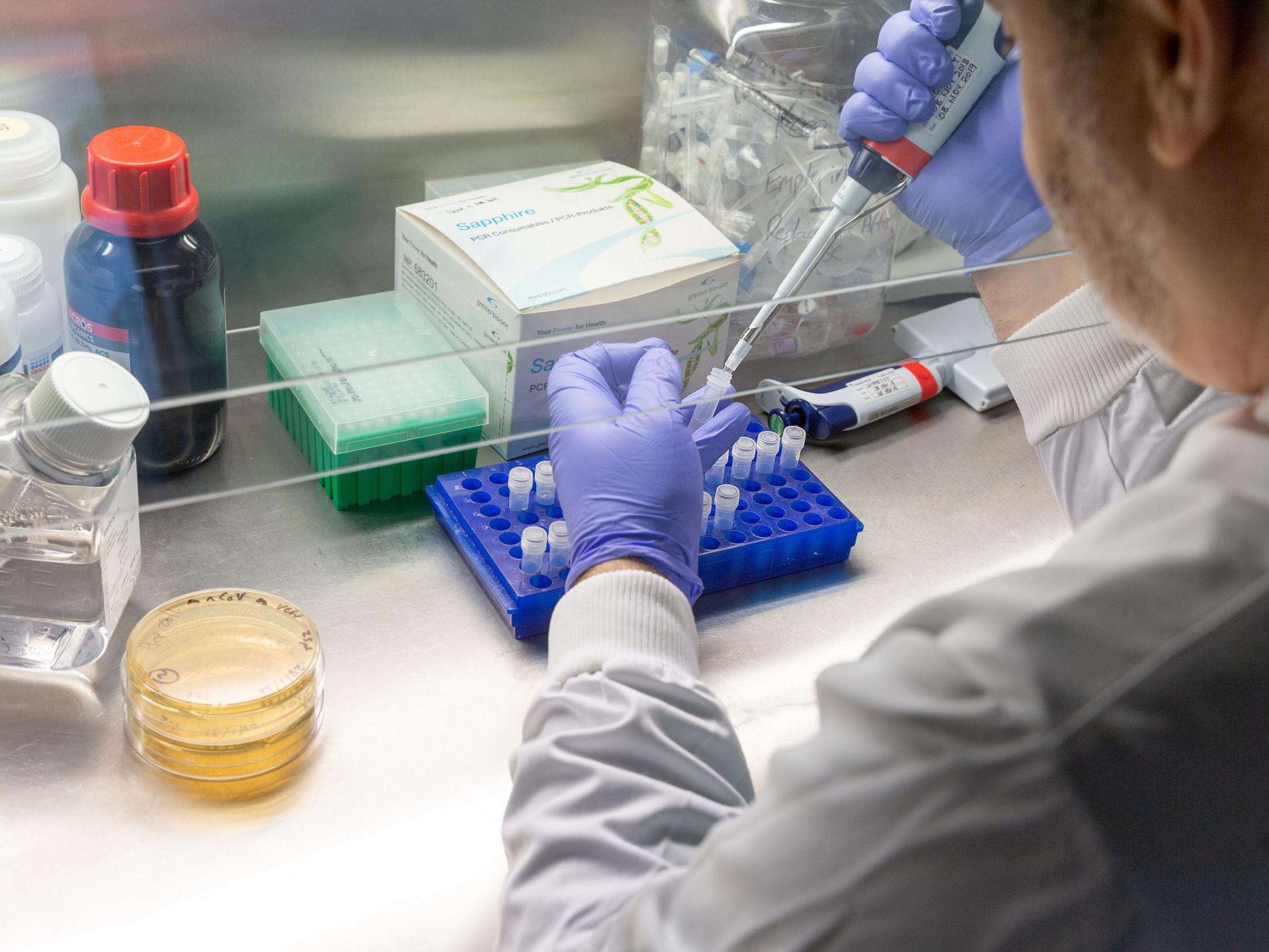Coronavirus cases will continue to soar if the government refuses to let its giant lab system work on a local level
Editorial: At the very least, ministers have a responsibility to ensure that lessons are learnt so the mistakes of recent months are not repeated

When a public inquiry into the UK’s response to the coronavirus crisis eventually takes place, one issue it should address is the relationship between centrally driven and locally run operations.
A worrying, if predictable, pattern of behaviour is emerging, in which the government does not consult local authorities, metro mayors and local directors of public health, or trust them to play a role, even when they clearly have expertise to bring to the table. This is self-defeating as the country moves into a new phase during which combating local “flare-ups”, in what Boris Johnson calls his “whack-a-mole” strategy, will be critical. The prospect of a citywide lockdown in Leicester appears to have been raised by the government, without keeping local politicians and officials in the loop or providing them with evidence to justify it.
Now an investigation funded by The Independent’s Supporter Programme has exposed the shortcomings of another centralised approach – the decision to build up testing capacity from scratch in privatised mega-laboratories instead of a localised solution based on existing research institutes or locked-down university labs. At the very least, these could have stepped in while capacity was built up, but ministers spurned offers of help.
Of course, a woeful lack of planning for the pandemic left the government in an extremely difficult position when a shortage of testing capacity forced it to abandon contact tracing in March as the epidemic grew exponentially. But, as our health correspondent Shaun Lintern reports in his “Failing the test” series, setting up Lighthouse Laboratories led to serious problems in ensuring reliable and quick test results. This, along with delays in setting up the system, cost lives, experts believe.
In keeping with the government’s “command and control” instincts, local public health directors say they have been “sidelined” and were granted access to minimal data from the testing programme only at the start of this month.
Despite headline-grabbing promises by ministers of 100,000 and then 200,000 tests a day, delivery on the ground has been far from impressive. Delays of up to a week in getting test results undermined the national effort to control the virus. Quick results are vital for the fledgling NHS test and trace system, which has not yet disclosed how long it is taking for people with symptoms to be tested and their contacts to be traced – a turnaround that should happen within 48 hours to limit the spread of the virus.
The UK’s performance on testing is poor when compared with Germany, which was quick out of the traps to deploy its network of laboratories, including private ones – an advantage stemming from decades of a proactive industrial policy the UK has for most of that time eschewed. But the UK could have adopted a similar approach by using existing capacity – if decisions had been taken more speedily. The government’s record provides no justification for the British exceptionalism ministers sometimes display. They should now see whether the UK can learn from Germany’s experience.
Despite the obvious problems with the Lighthouse Laboratories, the government looks likely to plough on and create seven more of them. Perhaps Downing Street has had enough of U-turns, such as the one over a much-hyped (and centralised) contact tracing app, which is now unlikely to appear before the winter.
The Independent’s investigation suggests it would be better for ministers to pause for breath and assess whether building more huge labs is the right way forward. At the very least, they have a responsibility to ensure that lessons are learnt so the mistakes of recent months are not repeated.
The prospect of a second wave of the coronavirus in the cold winter weather is very real. There is still time to ensure a much better response than we have seen so far, but there is no time to waste.
Join our commenting forum
Join thought-provoking conversations, follow other Independent readers and see their replies
Comments